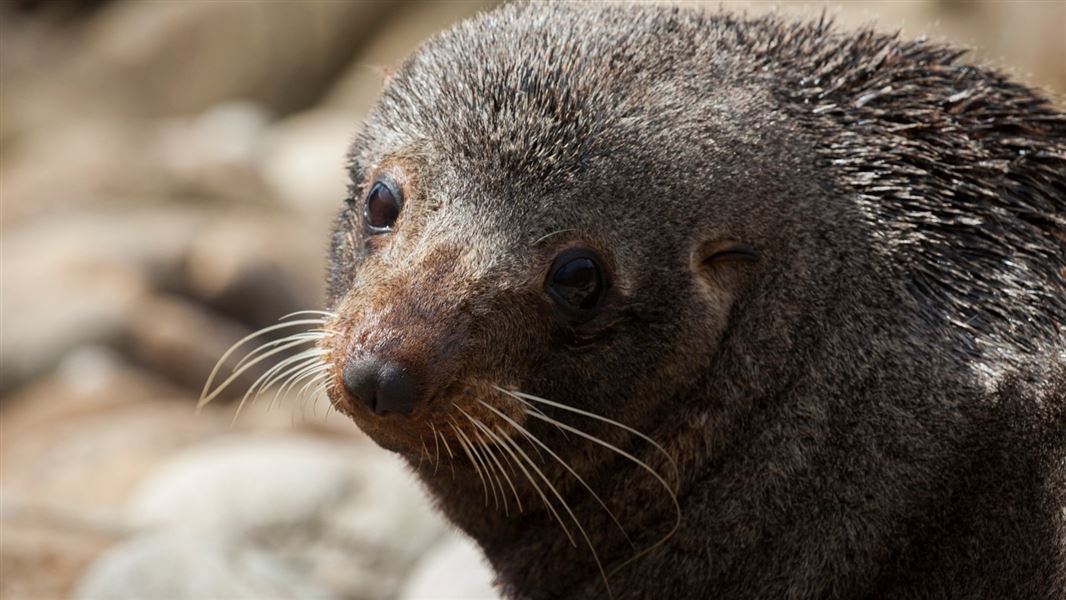Application dates
Applications for 2024 are now closed. Applications for volunteers will re-open in April/May 2025.
Training
Training will be provided by DOC rangers in June (dates TBC) at Maungauika/North Head, Devonport Auckland.
Description
As part of the Wildlife Response Squad, you’ll work with DOC Rangers to respond to reports of injured, distressed, or dead wildlife across the Auckland region. This could include seals, whales, dolphins, birds or turtles. If you want to get involved with helping our wild animals, then this is the opportunity for you.
Tasks
- Respond to calls from DOC rangers about reported wildlife sightings around Auckland.
- Travel to areas where injured wildlife has been reported.
- Manage the site of injured wildlife e.g. put up signs, take photos, talk to the public etc.
- Keep a log of wildlife activity in their area.
- Provide marine mammal advocacy and information to members of the public in line with DOC’s marine mammal management policies.
- Transport injured native birds to permitted bird rehab centres.
- Participate in wildlife observation and management training with DOC rangers.
Location
Incidents that require volunteer assistance occur at locations all over the Auckland region. To ensure quick response times across the region, we are especially looking for applicants based around the following areas:
- Te Arai to Mahurangi
- Muriwai beach
- Te Henga / Bethells Beach
- Piha
- Mellon’s bay
- Maraetai
- St Helliers
- Cornwallis
- Huia
- Mangere
- Manakau
- Papakura
- Karaka and Clarks Beach
- Awhitu
- Pukehoke
- Karioitahi and Waiuku
What to expect
Expect the unexpected. From birds in the backyard to seals in the drive-through, there are many different ways in which Auckland’s local wildlife needs our help. As part of our volunteer team you can expect to be involved in a variety of different situations.
The role will involve talking to members of the public about wildlife behaviour, managing sites as instructed by DOC staff, and occasionally handling or transporting wildlife. Our volunteers also record and report on animal behaviour to help DOC records. Volunteers are not expected to handle or re-locate marine mammals and training will be provided if you are expected to handle birds.
It is anticipated that volunteers may spend 1-3 hours per week responding to calls. This will vary throughout the winter ‘seal season’ and the summer whale / dolphin stranding season, with calls about injured birds all year round.
Fitness/skills required
A low level of fitness is required, as well as the following skills:
Essential
- Communication skills: You will communicate important information to DOC rangers and members of the public.
- Driving: You will need to have a New Zealand drivers' licence.
- Ability to respond at short notice: We don’t know where or when a seal call will come in.
Preferred
- Marine mammal identification
- Native bird identification
What to bring
- Suitable footwear and wet weather gear.
- Your own transport.
DOC will supply all field equipment.
How to apply
This opportunity is not currently open to new applications.
Lili Finlay
Email: lfinlay@doc.govt.nz
